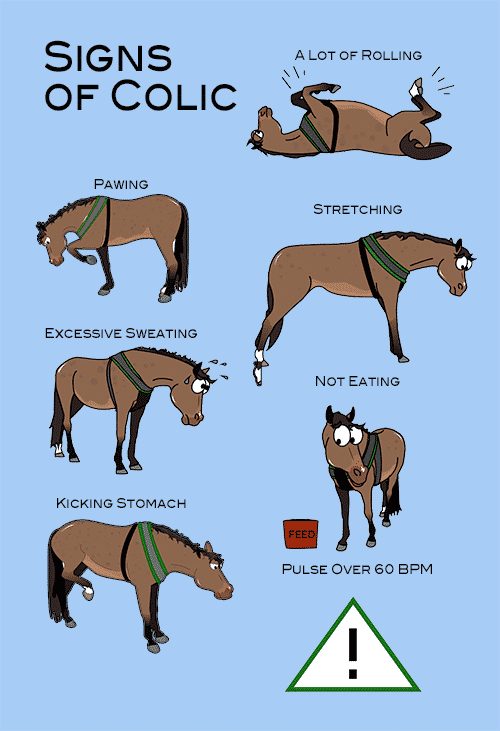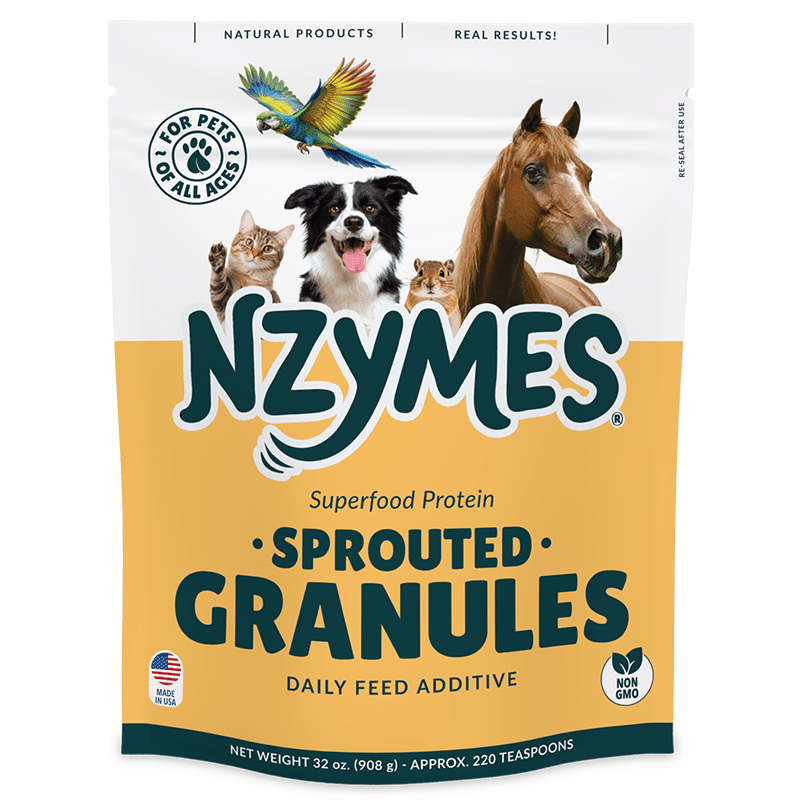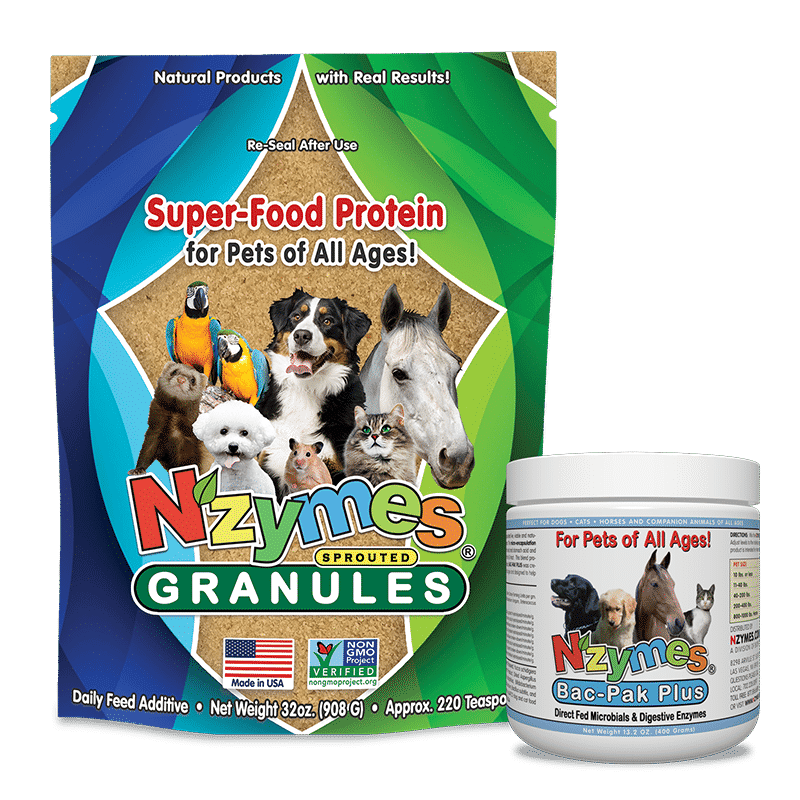
Colic in Horses
This is a relatively common condition of the horse digestive system. Colic, simply put, means “abdominal pain,” which can have a wide range of causes. For instance, symptoms like, gas, obstruction or impaction, grain overload, sand ingestion, and parasite infection.

Signs & Symptoms of Colic in Horses
• Frequently looking at, biting, or kicking/pawing at their sides or flanks.
• Continual attempts to lie down and/or rolling.
• Little or no passing of manure and fecal balls smaller than usual.
• Stretching out as if to urinate.
• Passing dry or mucus (slime)-covered manure.
• Poor eating behavior, less interest in grains or hay.
• Increased heart rate and absent or reduced gut sounds.
• Holding the head in abnormal positions
• Sweating
Categories of Colic in Horses
Colic in horses has a broad range of categorizations. The most common are:
Idiopathic / Spasmodic:
This is the most common type of colic. Spasmodic colic occurs when there is somewhat of an “over-active” gastrointestinal tract. Idiopathic is a veterinary term for “unknown origin”. Years of study has been done but there are still many forms of colic that vets are never completely sure about the exact cause of the abdominal pain.
Impactions
When the bowel, typically the large intestine, is blocked by a hard lump of food. This is a frequently seen form of colic which can often be remedied on the farm with dosing of fluids through ways like stalling to have horse drink from a pail, syringe fed or in some cases a stomach tube. For more severe cases or larger impactions, it may require surgery to correct. Impactions can take place when a horse is switched from grass forage to eating or put onto a straw diet.
Strangulations, Torsions and Displacements
Strangulating colic happens when the blood supply to an area of gut is diminished. Torsion colic is a result of the bowel twisting on itself which then cuts off the blood supply. Displacements is when a part of the bowel shifts to an abnormal location within the abdomen.
Horse’s Complex G-I Systems
“Badly Designed” is a common description of a horse’s gastrointestinal system. The small intestines are suspended in place by loose lengths of tissue and in the case of the large intestines, completely unattached from the body wall. Due to this, colic in horses is classified as accidental but can be a profoundly serious condition. At the earliest signs of abdominal pain, it is important to address the situation by administering fluid on a regular basis, pain management, stimulating bowel movements, and in more serious cases seeking medical attention.
*** A great Vet-Med link to more info on Colic: https://www.merckvetmanual.com/digestive-system/colic-in-horses/overview-of-colic-in-horses
Products Recommended for Superior Digestion in Horses




